Ricerca
-

The Deinstitutionalization of Western European Party Systems
To cite the article: Alessandro Chiaramonte is Full Professor of Political…
-
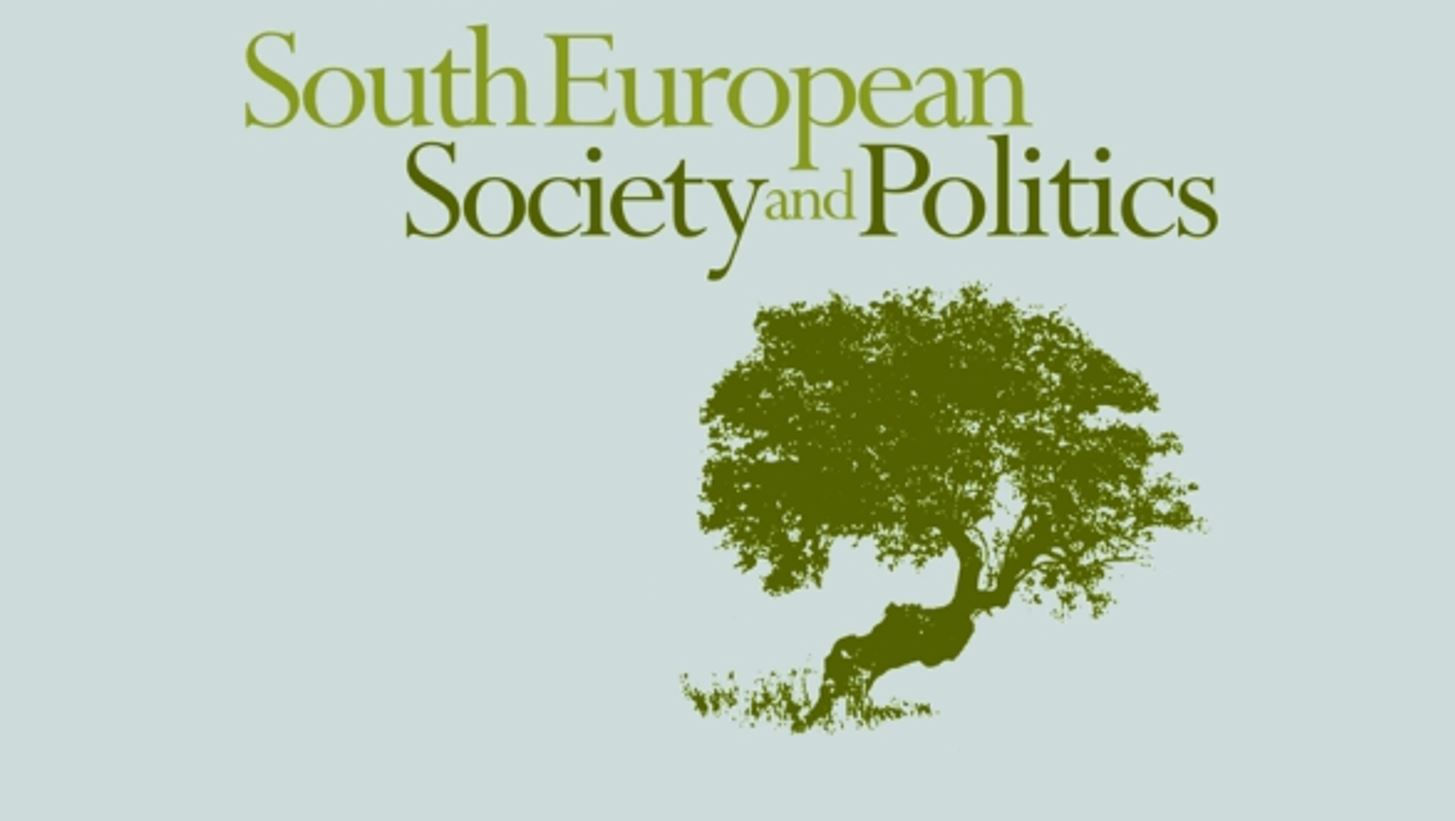
Are All Populist Voters the Same? Institutional Distrust and the Five Star Movement in Italy
To cite the article: Davide Angelucci & Davide Vittori (2022) Are All Populist…
-

The Valence Side of the EU: EU Issue Voting in the Aftermath of the Eurozone Crisis
To cite the article: Carrieri, L., & Angelucci, D. (2021). The Valence Side of…
-

Anatomy of the Italian populist breakthrough: a ‘demarcationist’ fuel driving Lega and Five-star Movement electoral success?
To cite the article: Emanuele, V., Santana, A., and Rama, J.…
-
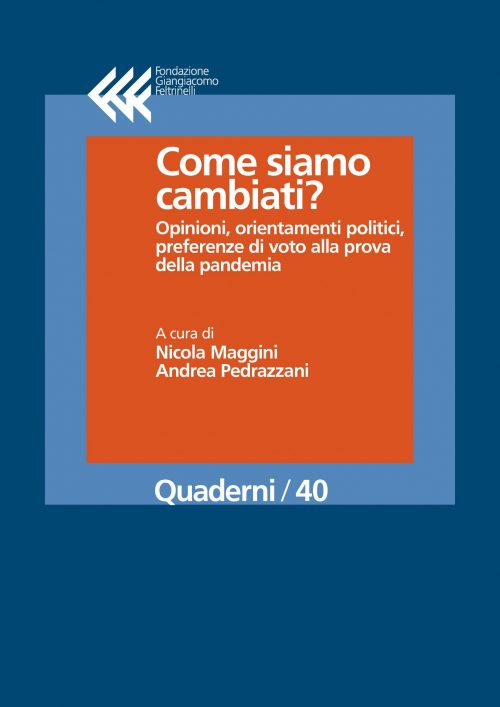
Come siamo cambiati? Opinioni, orientamenti politici, preferenze di voto alla prova della pandemia
Per citare l’articolo: Come siamo cambiati? Opinioni, orientamenti politici, preferenze di…
-
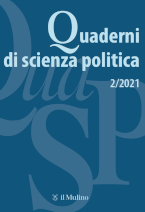
Inchiesta su periferie urbane, disagio socio-economico e voto. I casi di Bologna, Firenze e Roma
Per citare l’articolo: Cini, L., Colloca, P., Maggini, N., Tomassi, F.,…
-
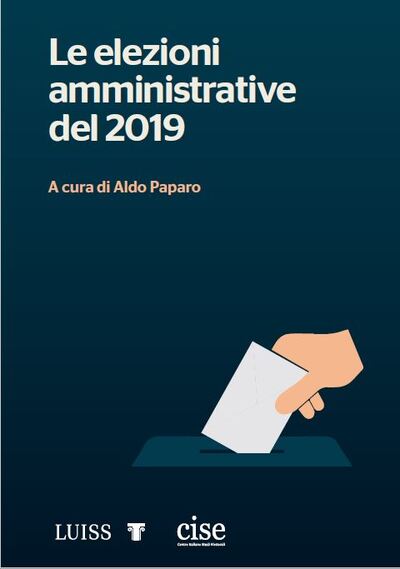
Online il Dossier CISE “Le elezioni amministrative del 2019”
È online il tredicesimo Dossier CISE, pubblicato dalla casa editrice Luiss…
-
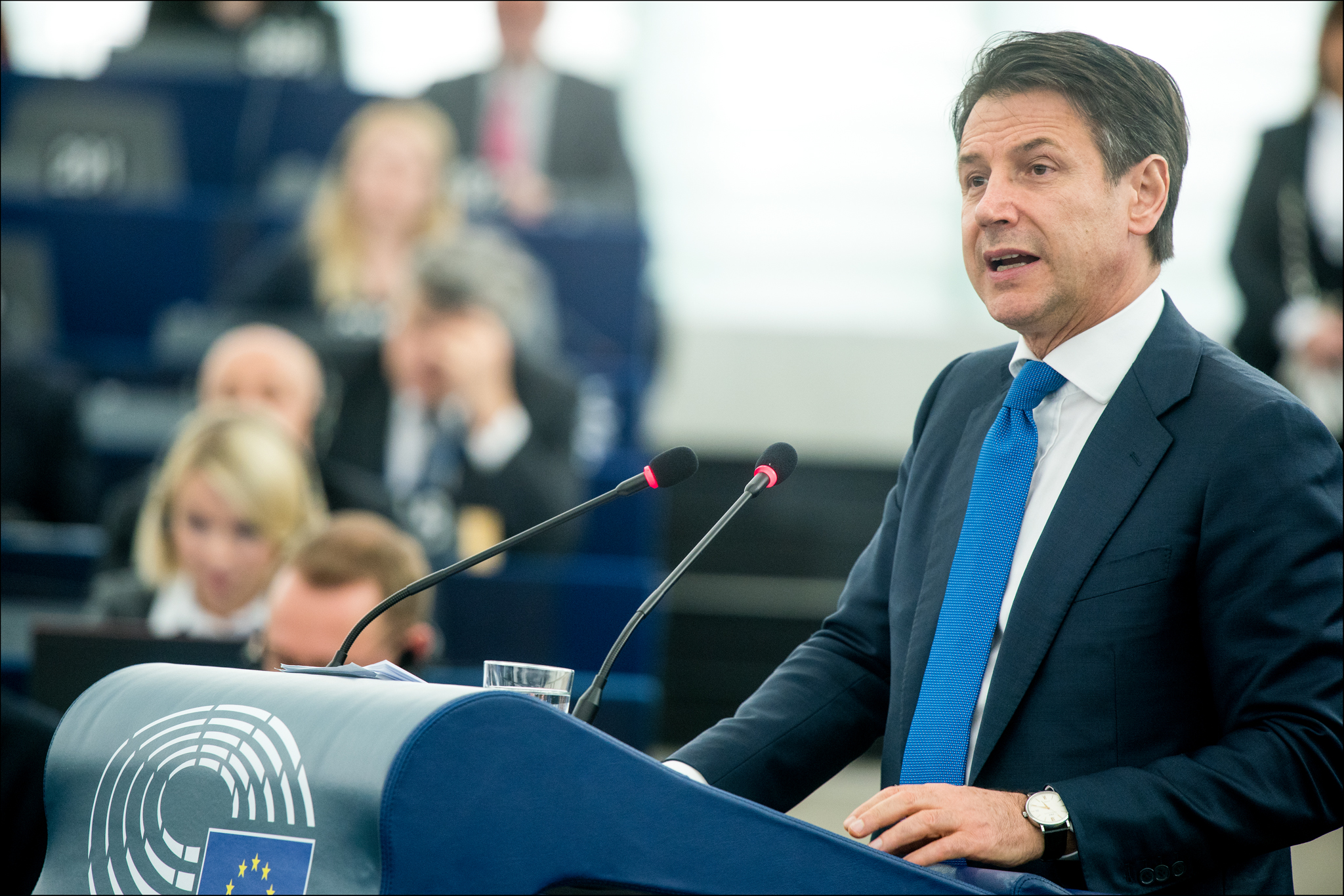
Un Presidente, due approcci. Il rapporto tra governi Conte e Unione Europea attraverso l’analisi della politica di bilancio e le caratteristiche degli esecutivi
Dopo il terremoto elettorale del 2013 (Chiaramonte e De Sio 2014),…
-

Conflict Mobilisation or Problem-Solving? Issue Competition in Western Europe
A new book edited by Lorenzo De Sio and Romain Lachat…
